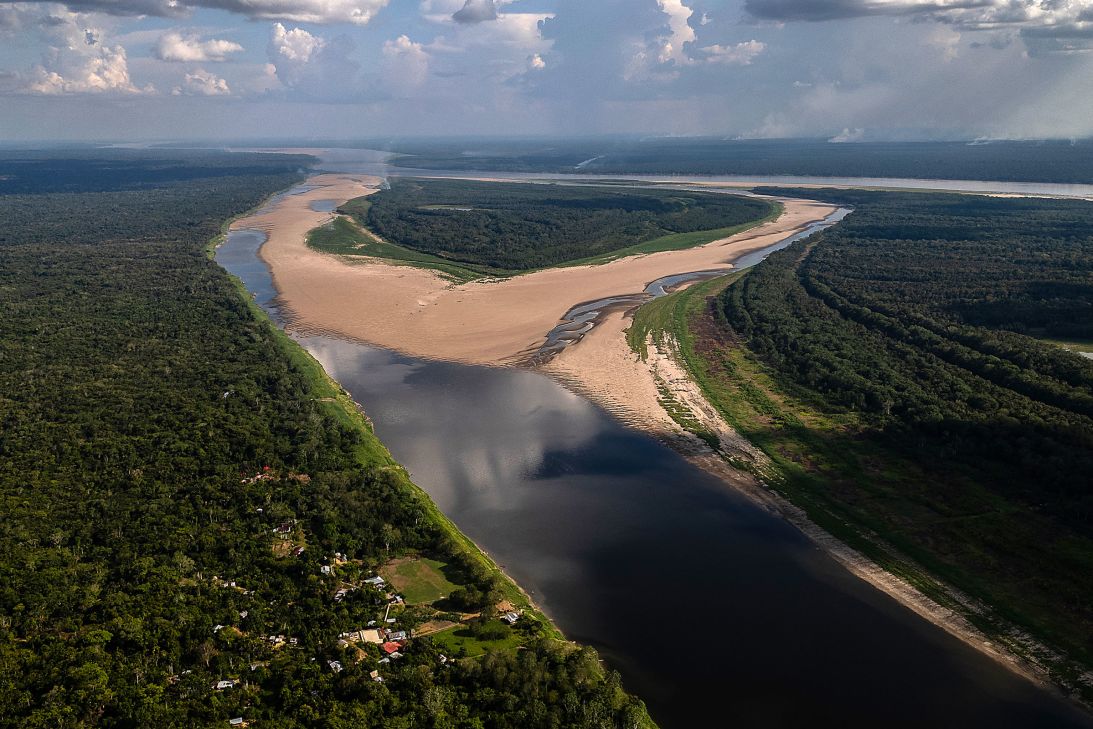URGENT UPDATE: The global water cycle is becoming increasingly erratic, with alarming fluctuations between devastating floods and severe droughts, according to a new report from the World Meteorological Organization (WMO) released on October 26, 2023. This trend poses significant risks to economies and societies worldwide.
The report highlights that nearly two-thirds of global river basins experienced abnormal conditions last year, grappling with either excess water or crippling shortages. Climate change, fueled by human activity, is severely disrupting this critical system that governs how water moves across the planet.
In 2024, the hottest year on record, regions like the Amazon faced unprecedented low river levels, while southern Africa suffered extreme droughts, prompting governments to consider culling hundreds of animals, including elephants. In the United States, states such as Texas, Oklahoma, and Kansas saw crops wither under the relentless heat.
Despite these droughts, the report reveals a shocking increase in flooding incidents. Stefan Uhlenbrook, the report’s lead author, noted, “We observed multiple floods, and even more floods than in other years.” Europe faced its most severe flooding since 2013, while Hurricane Helene brought catastrophic floods to parts of the U.S., resulting in at least 230 deaths. In West and Central Africa, extensive flooding caused approximately 1,500 deaths.
The report also underscores a dire situation for the world’s glaciers. Over the past three years, glaciers lost a staggering 450 gigatons of ice, enough to fill 180 million Olympic swimming pools. Regions like Scandinavia and the Arctic archipelago of Svalbard experienced unprecedented glacial melt, raising concerns over rising sea levels and increased flooding risks.
The economic ramifications of this erratic water cycle are staggering. Major flooding events in 2023 alone caused billions in damages, with changing water availability potentially fueling conflicts and tensions. Celeste Saulo, WMO secretary-general, emphasized, “Water sustains our societies, powers our economies and anchors our ecosystems.”
As the world faces growing pressure on water resources, the report serves as a critical warning: the increasing frequency and severity of water-related hazards are significantly impacting lives and livelihoods.
NEXT STEPS: Experts urge immediate action and policy changes to mitigate the impacts of climate change on the water cycle. The global community must prepare for ongoing fluctuations and invest in resilient infrastructure to protect vulnerable populations.
Stay tuned for further updates on this developing story as we track the implications of these findings on global water security and disaster preparedness.






































































